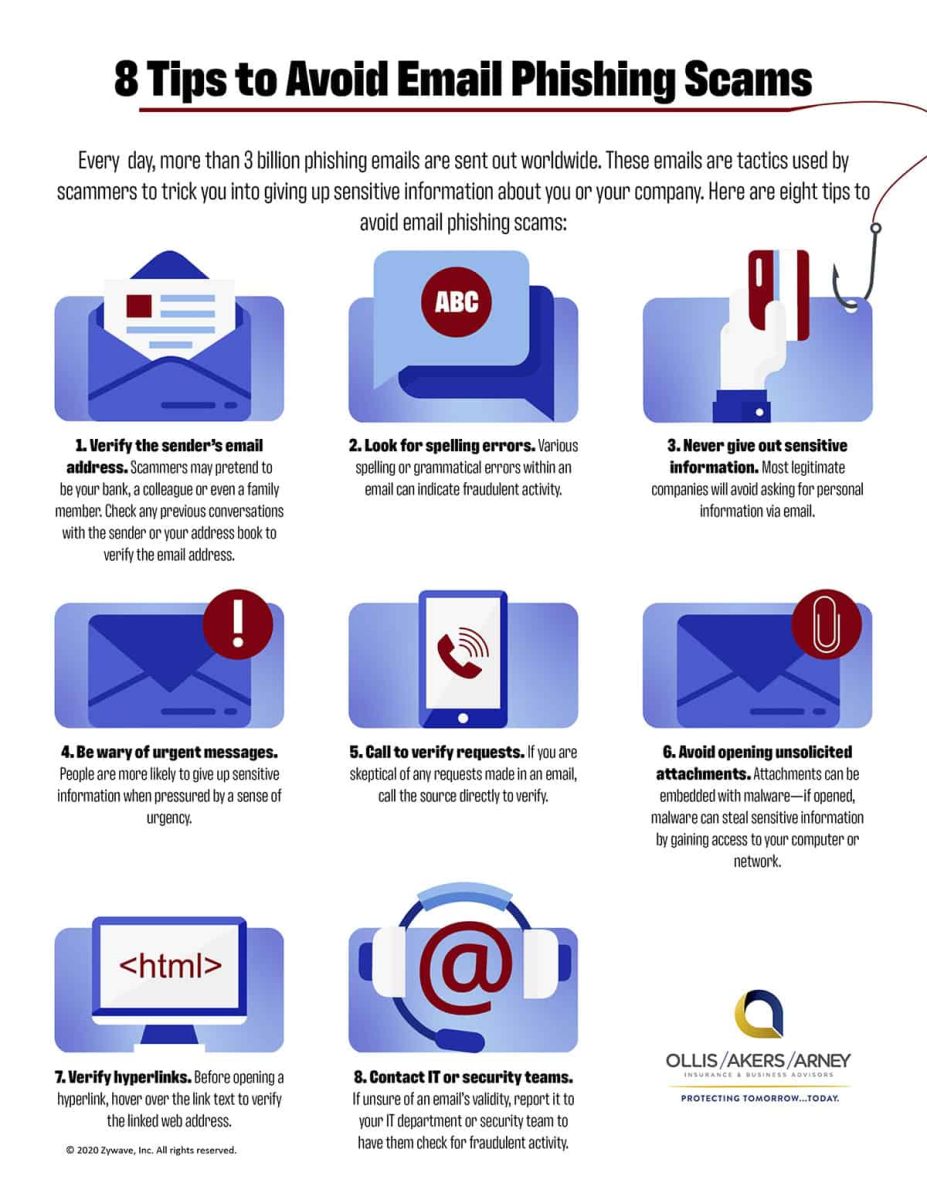As students at HCC, we all have school emails linked to Microsoft. This allows us to access Word, PowerPoint, Excel, and all other applications available on Microsoft 365. Most importantly, it includes Outlook, the email application. Outlook enables students to communicate with instructors, campus offices, advisors, and other students. Emails concerning schedules, events, and grades are also sent to a student’s account. Therefore, it’s important to exercise caution when using this app.
While “hawkmail.hccfl.edu” is the official email address domain for Hillsborough Community College students, one should be cautious when reading through emails. First-year students or those unfamiliar with business or school accounts may mistakenly believe that school emails are 100% secure or that only other students and faculty have access to them. This is not entirely the case.
From personal experience, users may receive emails with attached links asking if they would like to sign up for an internship or apply for a job. In my first year, I believed these messages to be legitimate as they were sent to my school email and appeared to be professionally crafted. I assumed the school forwarded job offers or internships from companies to their students; especially for those who may be unemployed or looking for ways to pay for college, these offers seemed genuine at first.
Little did I know, they were scams designed to obtain private information or send more spam. Before I provided my personal information (such as my personal email, phone number, or address) to these “companies,” I decided to ask around. A close friend, now a graduate of HCC, was just as unaware as some fellow first-years at the time. I then reached out to upperclassmen to see if they had any luck with these job offers. Thankfully, I asked— they were all frauds! A group of students quickly informed me not to interact with these links and to report, block, and delete the emails.
That was then, but this is now. Users may be relieved to know that Outlook and HCC have made improvements; there are now few to no spam emails reaching student accounts. Microsoft has been implementing their relatively new Secure Future Initiative, which focuses on enhancing security measures and reducing spam and junk mail in your inbox. Before this initiative, Outlook displayed warning messages for possible spam or malware emails. It appears that Microsoft has consistently worked to improve their security software to protect users from attacks, which is essential.
Even with this added protection, it is important to remain vigilant when sharing your data or accessing links, especially in personal emails, where there may be less protection compared to business accounts. One wrong click can expose a user to viruses or lead to stolen data. However, with the success of the Secure Future Initiative, the outlook is positive for both HCC attendees and the general public.
To enhance your safety further, consider the following eight basic tips:
- Verify the sender’s email address.
- Look for spelling and grammar errors.
- Never give out sensitive information.
- Be wary of urgent messages.
- Call to verify requests.
- Avoid opening unsolicited attachments.
- Verify hyperlinks.
- Contact IT or security teams.
Following these tips can help keep you safe. If you receive a spam or phishing email at HCC, follow the instructions at HCC Spam Reporting to report it.

